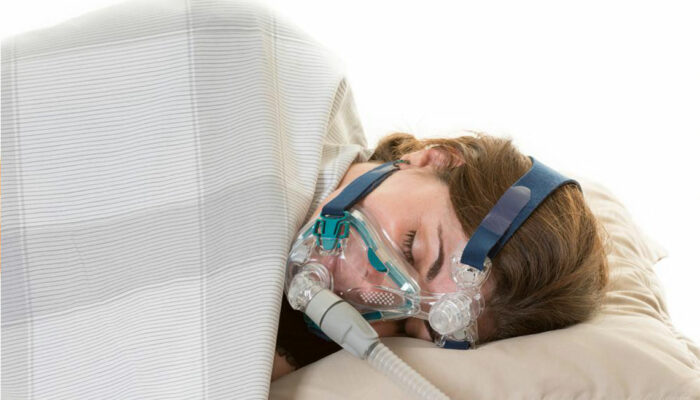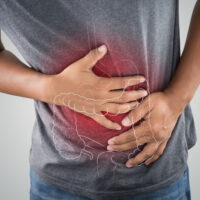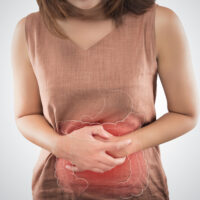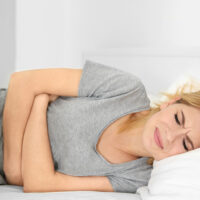Pros and cons of sleep apnea dental devices
Sleep apnea dental device cost can vary from one model to the other because they are custom made. Also, the costs depend on the procedure of treatment and the individual office and geographic location. These devices do render benefits, but a few pros and cons should be noted.
Pros of sleep apnea dental appliances:

- For individuals who prefer traveling a lot, sleep apnea dental appliances efficiently work for them. This is because there is a lot less equipment involved, so there is no fuss of packing.
- These dental appliances are excellent for use in collaboration with PAP therapy, primarily for individuals who require very high pressures for it to be functional. In these scenarios, the patient might get an oral appliance to wear with their PAP therapy. This oral appliance keeps the jaw from falling backward when the individual sleeps. The lower pressure that forms can make a big difference in the comfort that can be obtained from PAP therapy. Sleep apnea dental device cost , in this case, is quite affordable and can be counted among the pros.
- Most patients find dental appliances to be comparatively more tolerable and comfortable to wear than CPAP masks as there is less equipment to become entangled while sleeping.
- A sleep apnea dental device cost is almost similar to that of other oral appliances. Moreover, cost-effectiveness increases if your medical insurance covers it.
Cons of sleep apnea dental devices:
- Some devices are slightly uncomfortable to wear.
- Severe obstructive sleep apnea is not as meticulously treated as others.
- The fitting needs to be customized, which can be problematic at times.
- There can be excessive secretion of saliva, mainly if you are using a tongue retaining device. Thus, it can eventually make your teeth and gums sore.
- Dental restorations can be lost.
- Jaw pain, soreness, or tension may be felt.
In some cases, sleep apnea dental device cost is not worth it in comparison to the side effects they pose. For instance, in CPAP, a lot of patients often complain of itchy and dry noses from air pressure. Therefore, you must outweigh the benefits of using the device before you opt for one.
Disclaimer:
The content of the articles discussing symptoms, treatments, health conditions, and side effects is solely intended for informational purposes. It is imperative that readers do not interpret the information provided on the website as professional advice. Readers are requested to use their discretion and refrain from treating the suggestions or opinions provided by the writers and editors as medical advice. It is important to seek the help of licensed and expert healthcare professionals when necessary.





